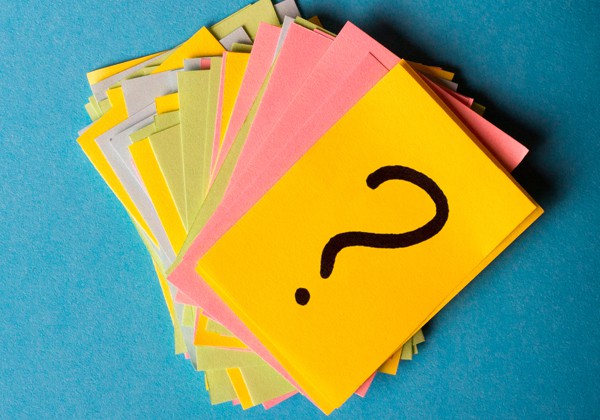With rates at historically low levels, many homeowners can lower their mortgage payments or get cash-on-hand for significant expenses. We have answered some common questions when refinancing, which may help you determine if now is and the right time for you and which mortgage company you should work with on your refinancing journey.
What are the Types of Refinancing?
There is rate and term refinancing and cash-out refinancing. A rate and term refinance is an excellent option for those looking to lower their monthly mortgage payment. As stated in its name, a rate and term refinance changes your mortgage’s interest rate and loan term, while the mortgage balance remains the same. For example, you may refinance from a 5/1 ARM to a 30-year fixed rate mortgage.
A cash-out refinance allows you to leverage the equity in your home by replacing your current mortgage with a larger loan amount. The difference between the new and old loan amount is cash available to you. A cash-out refinance may change your rate, term, and mortgage balance.
When Can I Refinance my Home?
Although there is no specific time frame for when you can do so, we advise waiting at least six months after your mortgage closing before you consider refinancing.
What are my Financial Goals?
First, you must determine your financial goals to understand why you’d like to refinance. Are you looking to lower your monthly payment. Or maybe you are looking to get cash-on-hand to pay for college tuition or a home renovation.
One of the most common goals among homeowners is to find some extra monthly savings by lowering their monthly payments. If that is your goal, you may benefit from a rate & term refinance if rates drop. If your goal is to get extra cash on hand, you must determine if you have enough equity in your home to take advantage of a cash-out refinance.
How Long Does it Take to Refinance a Mortgage?
Typically, a mortgage refinance will take anywhere from 30-60 days. The timeline may depend on the complexity of your financial profile and the state in which you live.
To better understand how long the process may take, get in touch with our mortgage specialists. We will review your current situation to determine if refinancing is right for you.
What Do You Need to Qualify for a Mortgage Refinance?
You will be required to complete a mortgage application and submit documentation related to assets and income to see if you qualify for the loan. You may also need to have a good credit score to show you have been responsibly paying off your monthly debts and making timely payments. A cash-out refinance may also require you to have at least 20% equity in your home.
What are the Closing Costs Associated with a Refinance?
You will have to pay closing costs when refinancing a mortgage, ranging from about 2-4% of the loan amount. The costs associated with refinancing may include origination fees, appraisal fees, title and settlement fees, and mortgage recording taxes. You will receive an estimate of closing costs at the beginning of your refinance process and discuss finalized costs with your loan originator during the closing process.
How Can I Determine my Breakeven Point?
Your breakeven point is the point at which the monthly savings exceed the cost to refinance the mortgage. It’s important to review your potential breakeven point with the mortgage lender to see if refinancing makes sense. For example, if it costs you $1,000 to refinance and have an estimated savings of $200 per month, your breakeven point would be 5 months.
What are the Terms of my Current Mortgage?
The best and easiest way to review the terms of your current mortgage is to look at your mortgage statement. If you don’t have one lying around, you may request a copy of your most recent statement from the company that services your loan (whichever company you make monthly payments to). The statement will outline your interest rate, remaining balance, monthly payment, and more.
Have more questions, or are you ready to get started? Contact us today!

